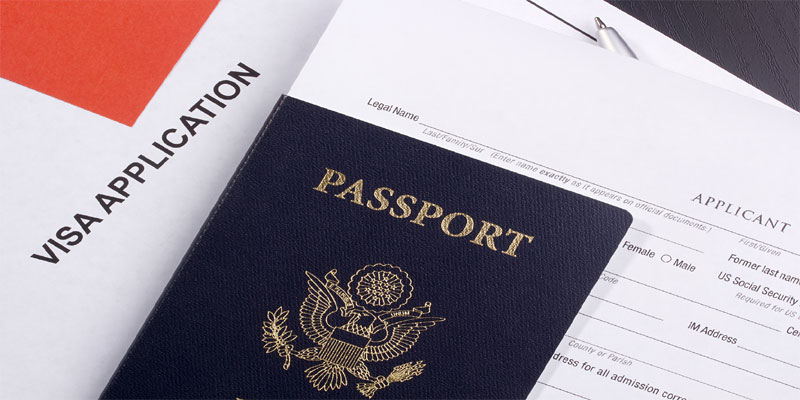
OVER 9,000 FOREIGN STUDENTS FORGED DOCUMENTS TO OBTAIN CANADIAN STUDY VISA — REPORT
A report has revealed that Immigration, Refugees and Citizenship Canada uncovered over 9,000 fake letters of acceptance used to obtain study visas and work permits in the country.
The revelation was made by CBC News on Thursday, following an inquiry email to IRCC about a Nigerian student, Lola Akinlade, who was asked to leave the country due to a forged document.
According to the report, the country’s immigration department began verifying letters of acceptance in partnership with Canadian schools on December 1, 2023, to uncover fake documents to obtain work permits and study visas.
Between that day and July 1, IRCC said it had identified 9,175 letters never issued by a Canadian school.
“These 9,175 letters were part of a total of 361,718 letters checked by the department and the schools.
“These letters ‘may be an indicator of fraud,’” IRCC wrote in a statement, but each one will need to be verified by an officer.
The Canadian-based news platform also reported that the department declined to make anyone available for an interview and agreed to answer questions only by email.
It said it is “focused on identifying culprits, not penalising victims” of fraud.
According to CBC News, Akinlade was asked to leave the country with her family after using a fake acceptance letter to apply for a study permit and work visa.
The victim graduated with a diploma in Social Services from Nova Scotia Community College in 2019.
While recounting her bitter experience, she said she was unaware that the acceptance letter provided by an agent for the University of Regina in 2016 was fake until she was contacted by the IRCC a few weeks before her graduation from her new institution.
The mother of two noted that while receiving her diploma, she felt both happiness and worry upon realising that she had allegedly relied on a fraudulent document to secure her study permit, adding, “I was devastated. That was the beginning of my trauma.”
She explained, “When the IRCC contacted me, I requested them to re-examine my case, arguing that I was a victim of a ‘rogue agent’ who supplied me with a fake acceptance letter to the Canadian school.
“Please review my file. I just want this to be resolved.”
Akinlade stated that the process of travelling to and studying in Canada began in 2015 while she was working as a medical sales representative at a pharmaceutical company in Lagos, with a business administration degree from a Nigerian university.
She recounted meeting a man at her office who claimed to be an immigration consultant and offered to guide her through the process of becoming an international student by applying for a master’s degree in business administration.
Akinlade explained that she did not specify a particular university to the agent, only stating that she wanted to study at a reputable Canadian institution.
She described how she provided the agent with documents such as her passport and university transcripts, along with payment. Several months later, he provided her with a study permit for Canada, plane tickets, and an acceptance letter from the University of Regina.
“I flew to Canada in late December 2016, expecting to start classes in January 2017. However, I was stopped in Winnipeg en route to Regina when I received a call from the agent, who told me there were no spaces available at the university and that I would have to go on a waitlist.
Upon arriving in Canada, she began searching independently for a new school and programme and stayed with relatives in Winnipeg until she was accepted at Nova Scotia Community College for social services, starting in September 2017.
She said she chose social services because it better aligned with her previous work in the medical field.
Akinlade stated that she did not contact the University of Regina directly until two years later when she received a letter from the IRCC informing her that the acceptance letter was fake.
“I was sceptical after receiving the IRCC letter, thinking it might be a misunderstanding or something,” she said. “So, I immediately contacted the University of Regina.
“And that was when I learned the truth,” she added.
Meanwhile, when CBC contacted the agent, Babatunde Isiaq Adegoke, he confirmed providing Akinlade with the acceptance letter but said it was supplied by a company located in Ejigbo, Lagos State, called Success Academy Education Consult, which he had hired.
